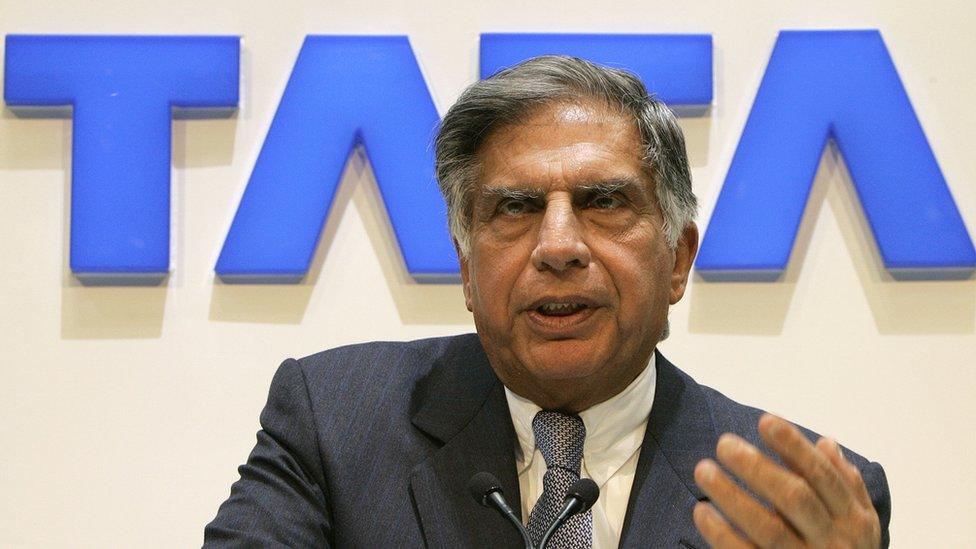Bollywood drama in the boardroom: The Tata troubles
- Published
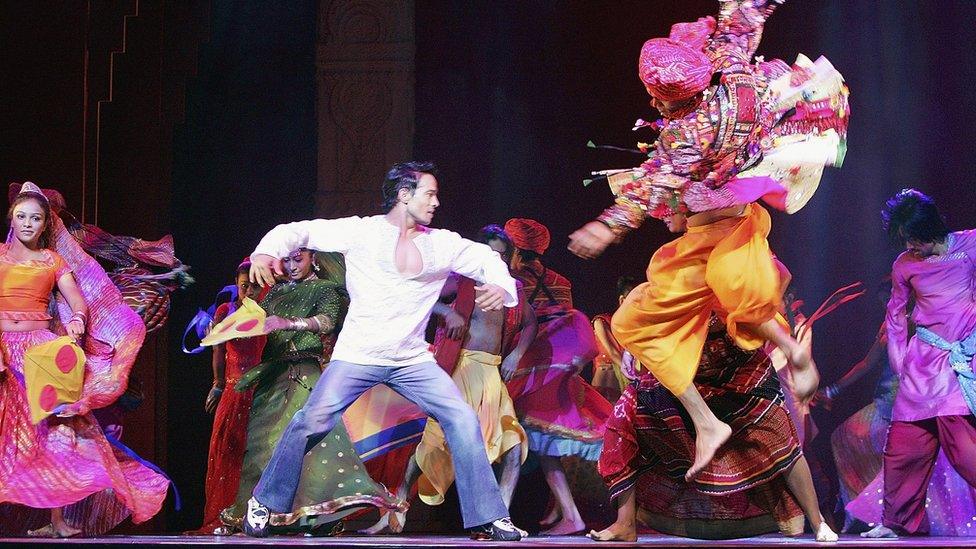
It's the stuff Bollywood blockbusters are made of: Big boss hires an outsider as new chairman to run family empire. Said outsider tries to change big boss's strategy and do things his way - getting rid of the projects close to big boss's heart.
He eventually gets unceremoniously dumped, and family empire is back in the hands of big boss - at least, for four months until a new leader is found.
Except that this time - the ousted chairman has struck back - via email.
All of this is a bit tongue-in-cheek, of course, and frankly it is grossly unfair to call Cyrus Mistry an outsider, given his corporate history and achievements - but you get the idea.
When the scion of Indian business Ratan Tata handed over the reins of his $100bn (£88.9bn) empire to Mr Mistry four years ago, the decision was greeted with much fanfare in the Indian press.
Fighting back
These days, that adulation is gone. Instead, newspaper headlines in India are filled with questions and concerns about what Mr Mistry must have done to be booted out as chairman by the board of directors at Tata Sons (the holding company of the Tata Group).
But in a twist worthy of an Indian telenovella, Mr Mistry is fighting back.
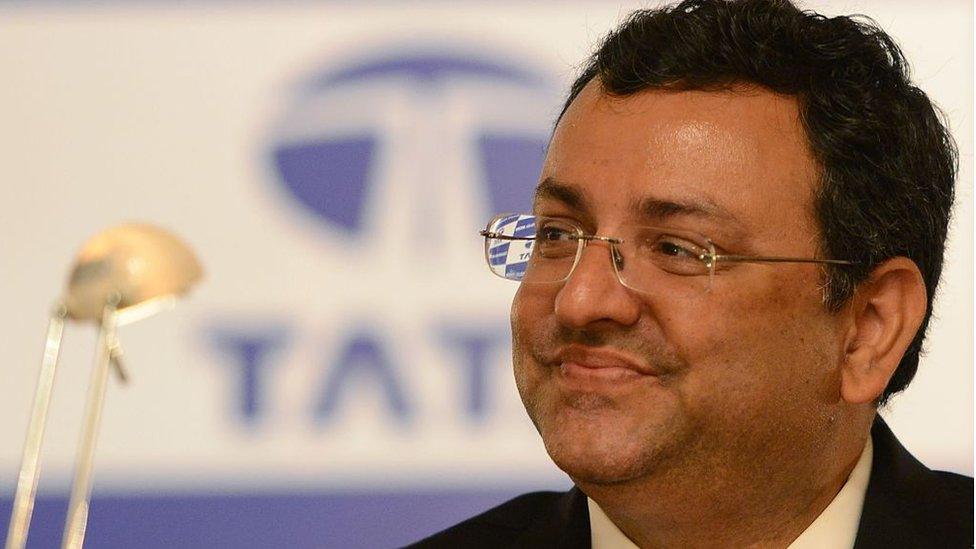
Cyrus Mistry says he never had a free hand running Tata
He's written an email detailing how he was basically a "lame-duck" as the Tata's group boss, because of regular meddling by his predecessor, Mr Ratan Tata.
He also alleges that the company is at risk of billions of dollars in writedowns as a result of some of the problems Mr Mistry inherited, and couldn't fix.
The Tata group or Mr Ratan Tata haven't commented on the feud but media reports say that the fight between the two has been a long time coming.
Old school vs business school?
Primarily the reason appears to be a difference in strategy - Mr Mistry's more brusque, business-school management style, in comparison to Mr Tata's old-school, Indian industrialist style way of doing business.
It's thought the 78 year old Indian magnate also took issue with some of the decisions Mr Mistry made - in particular how he dealt with the European steel assets, and his disdain for Mr Tata's prized mini car, external-project - the Nano.
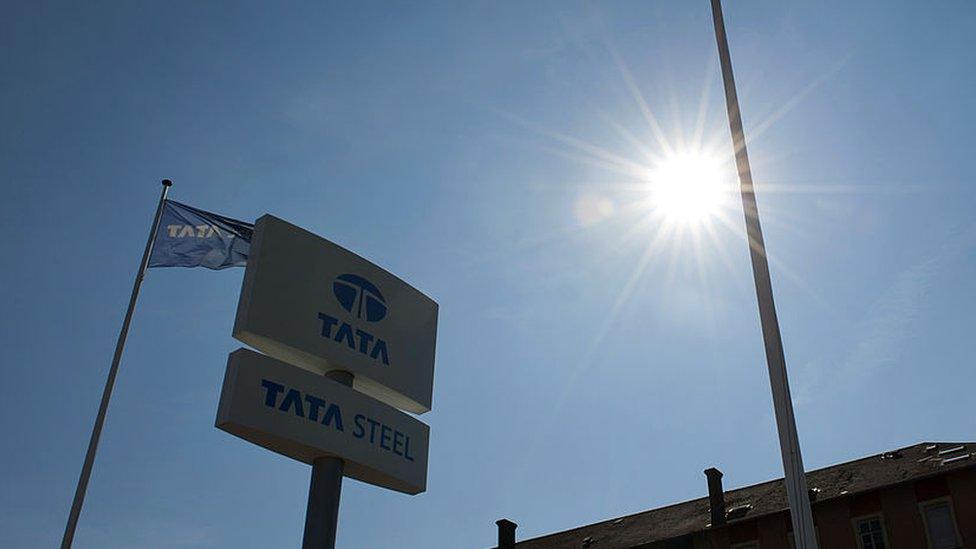
It is highly unusual for an affair of this nature to be made so public within India's business circles. Even when Mukesh and Anil Ambani, two of the richest men in the country - who happen to be brothers - had a falling out, external, the spat was contained to innuendoes in press releases and leaks to the press.
Mr Mistry's decision to send an email to the board, and then for that email to find its way into the mainstream press is likely to raise lots of questions about just what kind of business the Tatas are running.
A story set to continue
The issues he's raised - of corporate governance, alleged fraud, and white elephant projects - aren't going to infuse investors with a great deal of confidence about the firm's future - and that's already evident in the way they've been punishing Tata shares. Expect that to continue, especially if there's a protracted legal battle between the two sides.
The Tata Group is a company that arguably has been as much of the Indian psyche as Bollywood is. Ask any young Indians about where they'd like to work, and chances are the name Tata won't be too far from their minds.
The damage to its reputation from this public spat will be hard to live down.
But to borrow a phrase from a popular Hindi film - "picture abhi baakhi hai mere dost" - or in other words, this story isn't finished yet, by any measure.
- Published26 October 2016
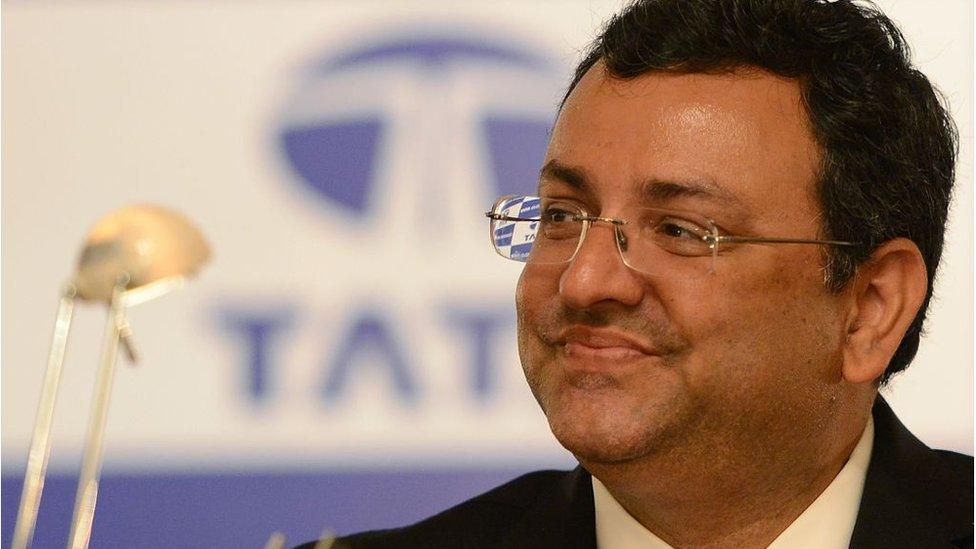
- Published25 October 2016

- Published24 October 2016
